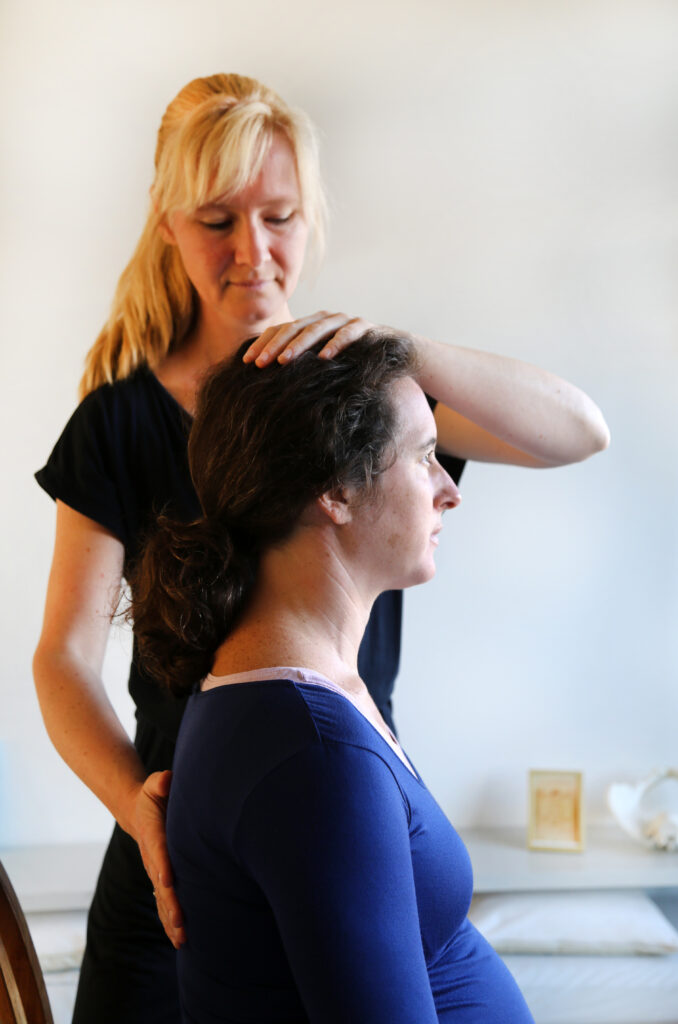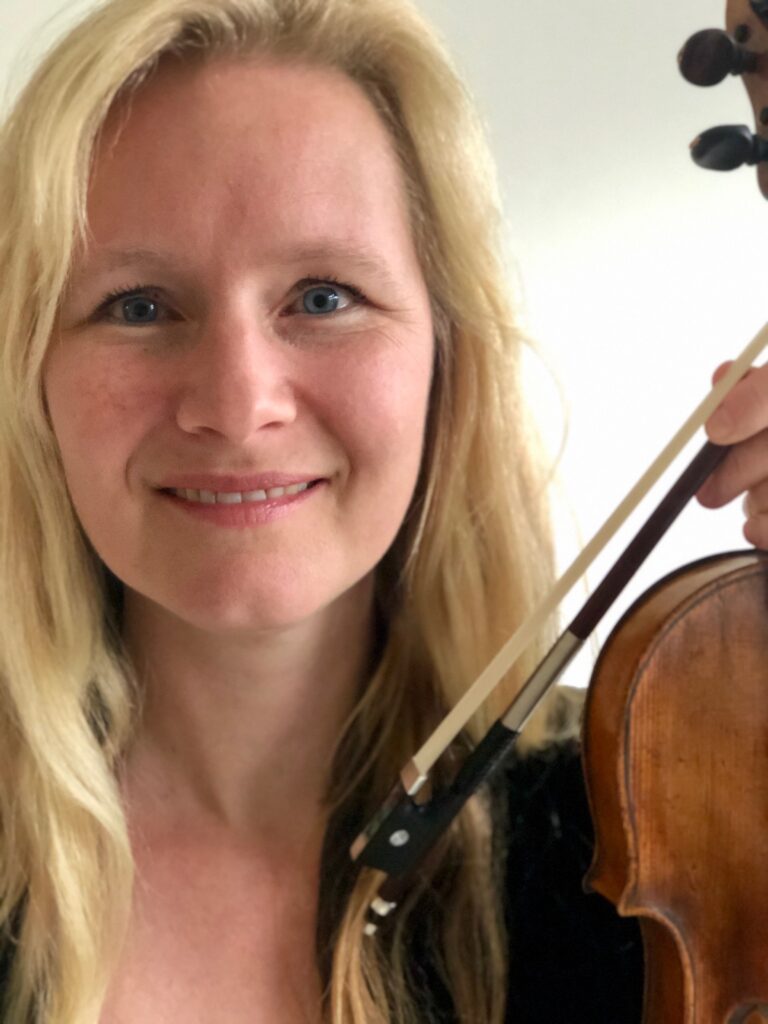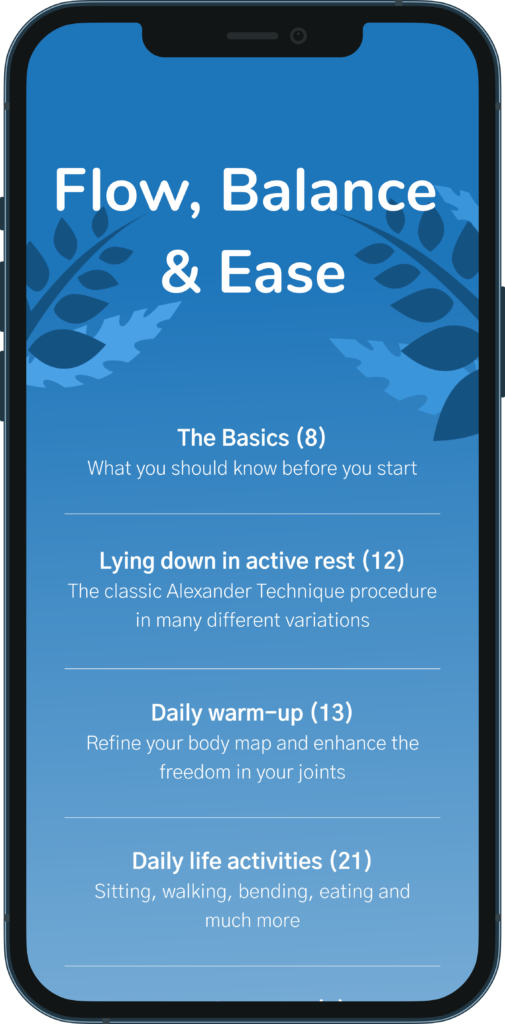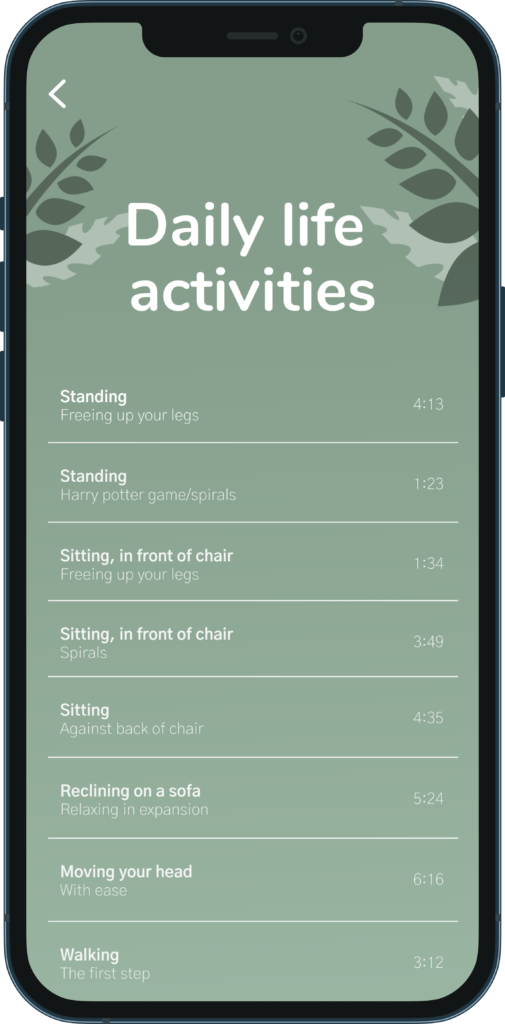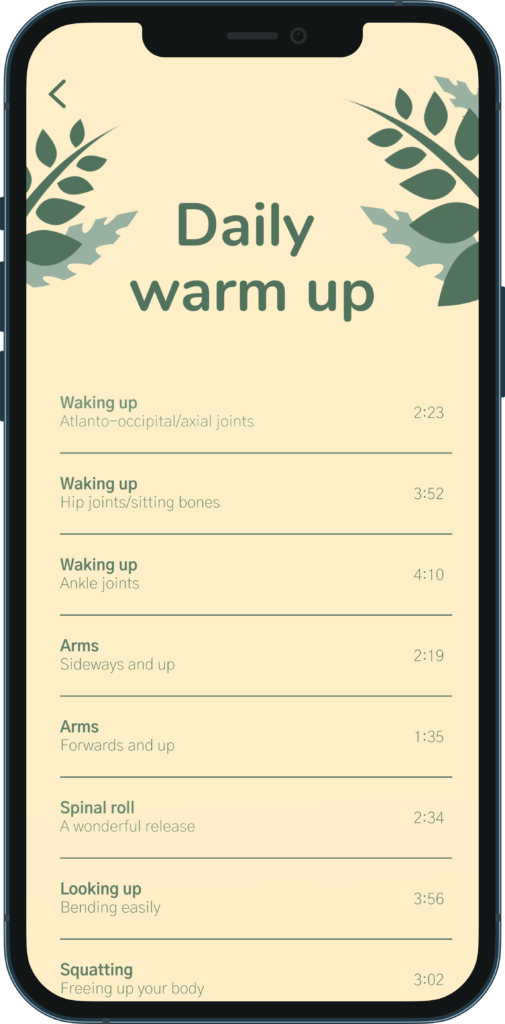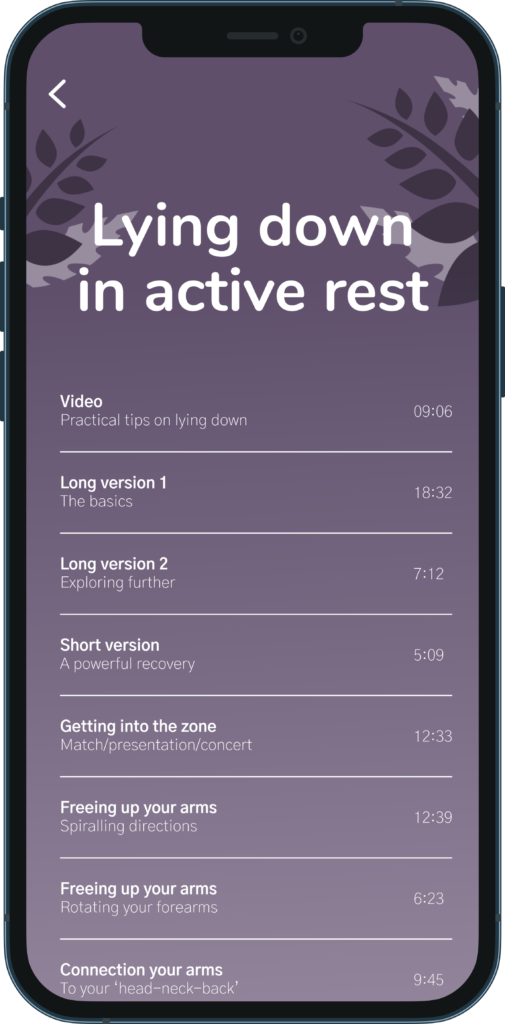Back to Basics – Looking to the future: Review of Maaike Aarts’s app ThinkUp
By Leo Canales
The work that F.M. Alexander developed over 100 years ago has survived multiple changes and influences throughout time. In this review, I discuss a new format to convey Alexander’s principles, one that aligns with technology and new ways of learning.
Every generation brings about an adaptative and challenging opportunity for the Alexander community to continue offering its benefits. Originally, the technique was taught using an intimate, person-focused approach. The more courageous then attempted group work, challenging the traditional setting. With the global health situation experienced across the globe from 2020, we all needed to create new strategies to convey our message for integral expansion and ease of self. Certainly, when conditions change, we adapt. It’s in our evolutionary memory; it’s the way we survive.
One of the most avant-garde steps for the technique during the current heavy-tech era was to use creative teaching alternatives that responded to unique conditions and spoke the language of new generations. This is when a visionary teacher from the Netherlands had the audacity to believe that the principles of the Technique could be conveyed by one of the most advanced tools of our times: the app.
The name of this teacher: Maaike Aarts; the name of the app: ThinkUp. Catchy name for the enigmatic work that we call Alexander Technique. The reader might know that other practices have utilised apps, long before Maaike did with the Technique. Multiple apps create exercise routines, yoga flows and various ways to engage in meditation, or be educated about mental health issues. You can even get a nutrition plan using artificial intelligence. It is now possible to find an app designed to target the need of every audience, from material physicality to the subtle psyche.
Maaike’s initial aim with the app was to help students practice in between lessons, rather than this being a response to the pandemic or a replacement for hands-on lessons. Her remote work started before Covid, offering voice audios to students who had difficulties practising on their own, remembering the directions, and applying AT to their activities. Once Maaike and her students noticed the positive results, she came up with the idea of making an app, so that all AT students in the world who speak English could have help practising and applying the Technique.
The ThinkUp app offers foundational information for people who are attracted to the Technique and is a friendly tool to understand. It aims to promote flow, balance and ease, and its structure considers ten sections that the user can access in an order suggested by Maaike. Each section consists of several audio guides that focus on basic principles, such as semi-supine, traditional procedures, daily function, voice and breathing use, and other specific activities. Once the process is understood, thanks to the guidance of the initial audio guides presented by Maaike, the user can move freely from section to section.
In this auditory experience, it’s easy to find the essence of the Technique facilitated by Maaike’s interpretations. A traditional Alexander vocabulary is used in the audio guides, which allows students or users to make connections with classic jargon. This can facilitate the understanding of a student going from a private lesson with a teacher to using the app.
The app does not hesitate to state the influence of other teachers and how to connect with their work. Because I am a swimming enthusiast, I was interested in what her approach was to this activity. However the first thing I heard was Steve Shaw’s name and his method as a main influencer for the exploration. The guidance is for a land exercise that promotes overall coordination, which is later applied in the water. To me, this speaks to community, and responsible intellectual property use.
In the final sections, Maaike explores specific activities, like the use of electronic devices and commuting in different scenarios. There is a whole section on music and its requirements, which is Maaike’s background. For performers or people interested in connecting to music, this app could be of great benefit. Within the app, it’s possible to find also a section dedicated to sports practices and sleeping.
The audio guides follow Maaike’s original idea of helping people practice and keep on practising after having had lessons for a while. Users can listen while engaging with the chosen activities. For example, a student can listen to the audios dedicated to semi-supine while lying down in active rest, simply by putting the phone on speakerphone nearby. People can also use earphones and practise AT while walking to the store. The app offers countless possibilities for practical application of the Technique.
The reader could argue that the message of the Technique can’t be conveyed by means other than the use of hands and that a student needs to create a trusting connection with a teacher to learn this practice. Certainly, having app dedicated to this work represents an effort to adapt to new generations, with their conditions and ways of interacting with information.
I don’t consider that an app will supersede the importance of learning from a teacher in a face-to-face setting. Nor do I believe that the practice will be put at risk. On the contrary, it could be a way to enrich students’ experience in learning consistently about this work, and in a way that speaks to new generations. ThinkUp provides broad accessibility to the information conveyed by the Technique. I consider that it complements the work that can be done with a teacher, or it can ignite the curiosity of the user to book a lesson with a teacher of their choosing.
In conclusion, Maaike’s app is a tool from which teachers and students can benefit, as it reinforces ideas and cooperates with the learning experience. It promotes the principles of this practice and contributes to its accessibility. I recommend exploring this tool that contributes to the learning of new-generation students. Soon you’ll find out if this app appeals to you.
NOTE:
To date, there are two apps available that are dedicated to the work created by F.M. Alexander.
Here is the link to download Maaike’s app: https://www.thinkup.nl/en/app/
There is a free version that includes 6 audio guides and 2 videos. In the opening section, called The Basics, users can find FAQs that explain clearly how to use the app.
